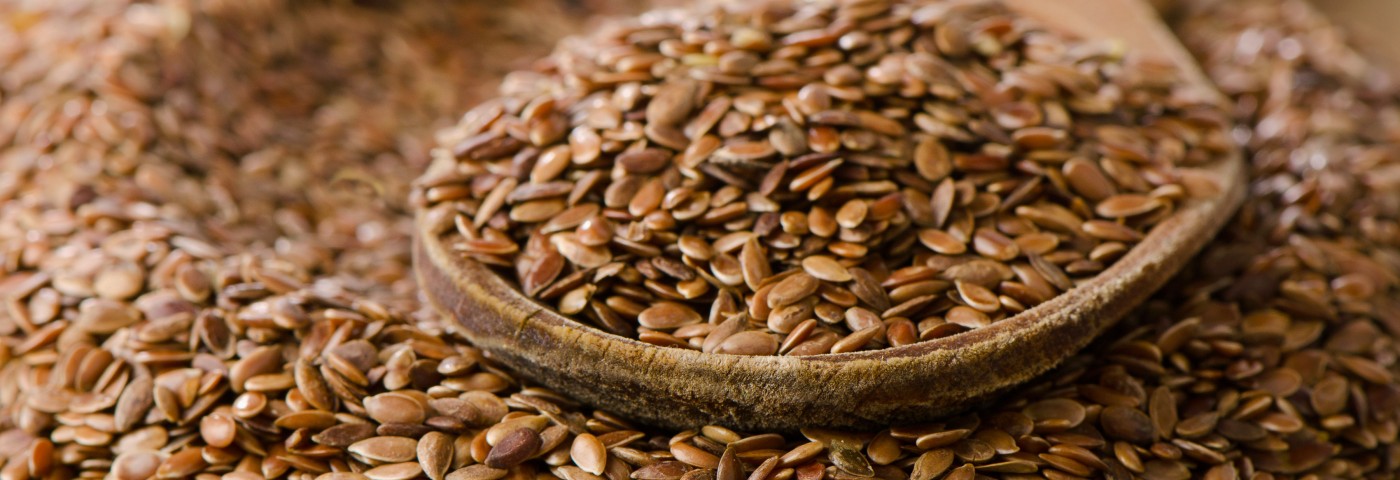A new study published in the journal Carcinogenesis reported that mice fed a diet enriched with flaxseed lignan components were protected against asbestos-induced inflammation preceding the development of malignant mesothelioma (MM).
Earlier studies have linked the inflammation and oxidative stress caused by asbestos fibers to the development of MM. The study, “Flaxseed lignans enriched in secoisolariciresinol diglucoside prevent acute asbestos-induced peritoneal inflammation in mice,“ aimed to explore whether agents that have been shown to possess anti-inflammatory and cancer preventive properties could protect mice from experimentally induced MM.
The research team, led by Ralph A. Pietrofesa from the University of Pennsylvania, used a mouse model with genetic alterations in the NF2 gene. The mice displayed an accelerated development of malignant mesothelioma after asbestos injection, exhibiting many of the molecular, genetic, and cell-signaling features of human MM.
Following an asbestos injection, the animals were fed a diet either enriched in flaxseed lignan components or, as a control, a normal diet. The team analyzed signs of abdominal inflammation and release of proinflammatory and profibrogenic cytokines — gene expression changes in white blood cells — and oxidative and nitrosative stress in peritoneal lavage fluid.
After three days, researchers confirmed that mice fed flaxseed lignan components had elevated levels of key lignan substances in their blood. And mice exposed to asbestos that were fed the control diet developed acute inflammation characterized by significantly increased white blood cell counts and elevated levels of the cytokines IL-1β, IL-6, TNFα, HMGB1 and active TGFβ1.
In contrast, the flaxseed lignan-fed mice had lower levels of white blood cells in their peritoneal, or abdominal, lavage fluid and lower levels of cytokines than the control mice.
Further analysis of the white blood cells isolated from the peritoneal lavage fluid showed that gene expression of the cytokines IL-1β, IL-6, TNFα, HMGB1, and TGFβ1, and cytokine receptors TNFαR1 and TGFβR1 were also lower in the mice fed the flaxseed lignan-component diet. The diet also reduced asbestos-induced nitrosative and oxidative stress.
Based on the findings, and since a diet enriched in flaxseed lignan components is a safe and tolerable treatment, the team suggested that such diet could be a promising approach for the prevention of malignant mesothelioma development.


